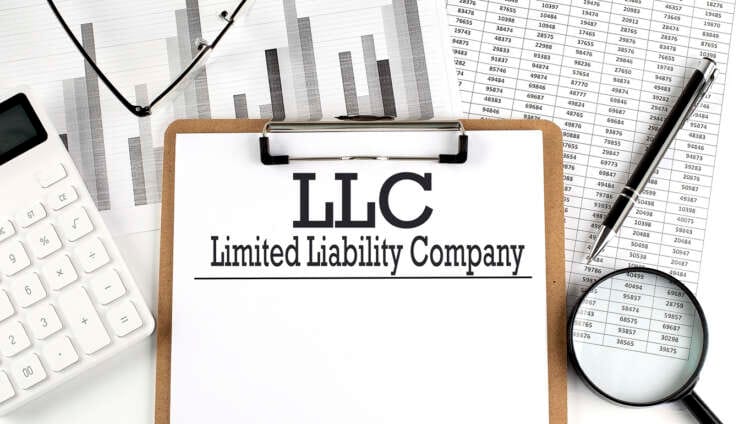
As an international founder, one of the first decisions you’ll need to make when starting your business is whether to form an LLC or a corporation. To start off, you will have to research the best country or different states to form LLC. However, that’s only the beginning of your journey. This article covers everything you need to know about forming an LLC as an international founder, including what it means to be international and the benefits and drawbacks of this choice.
How to form an LLC as an international founder
Make Sure You’re Protected
An LLC (limited liability company) is a great way for international founders to limit their personal liability and keep certain assets safe. It’s simple, it’s relatively inexpensive and you can usually get set up in just a few hours.
Decide Whether To Use An Attorney or Not
No matter where you live, your state likely has specific rules about LLCs and other types of business entities. In many states, forming a corporation is not optional—it’s mandatory. For example, it’s required in California and New York if you want to raise capital via a public offering or operate internationally. If you have a hard time understanding the laws for your country or state, it will be best for you to hire an attorney to help you with the process.
Choose What Type of Business Entity Best Fits Your Needs
When it comes time to choose a business entity, you have lots of options. One of these is a limited liability company (LLC). If you’re running a business out of state or abroad, you may not be familiar with all your options. In that case, start by learning about what types of entities are available and why they might make sense for your new business. Then figure out which type best fits your company’s mission and goals.
Determine Where The Business Will Be Based and Registered
Before forming your LLC, you will need to determine what state (or countries) it will be formed in. Different states have different rules, so you’ll want to make sure that you pick a home base with simple legal requirements and low fees.
Review the Requirements for Doing Business in Your State
It’s a good idea to review your state’s requirements for forming a limited liability company (LLC). Some states have more onerous requirements than others, particularly if you want to conduct business in multiple states. For example, many states require that all members of your company sign documents. Other states only require one member. If you plan on hiring employees or subcontractors in the future, consider including language about managers or officers in your articles of organization.
Select a Name for Your Company
In most states, you can select any name for your company. However, you do want to make sure that your company name is not already in use. You may also need to conduct a business name search on Google, Facebook, and other social media sites. You should also be aware of which kinds of names are available for registration in your state.
File Articles of Organisation, Certificate of Formation, or Articles of Incorporation
The first step to forming an LLC is filing articles of organization, certificate of formation, or articles of incorporation with your state’s secretary of state. This gives you a legal entity and (in some states) creates a tax ID for your business. You’ll need to include information about what you plan on doing with your business. If you plan on hiring other people, you’ll need a few more forms and approval from your state government agency.
Register the Company With Tax Authorities If Required
You’ll want to register your business with your local tax authority and, if you expect foreign clients or customers, with agencies in other countries. In some countries, registration is a mere formality; in others, it can be complex. If registration looks like a challenge, consider forming a partnership instead of setting up an LLC.
Obtain Any Licences Required By Your Jurisdiction
Depending on where you want to operate your business, you may need a license. Be sure to find out which ones are required in your area and plan accordingly.
Purchase Insurance Coverage
Because you’re running a limited liability company, you need to purchase both general liability and professional liability insurance. The coverage is affordable and will protect your business from serious losses. Don’t skip it. If you do, it may put your personal assets at risk if someone sues your business and wins.
Produced in association with Chris Thompson


